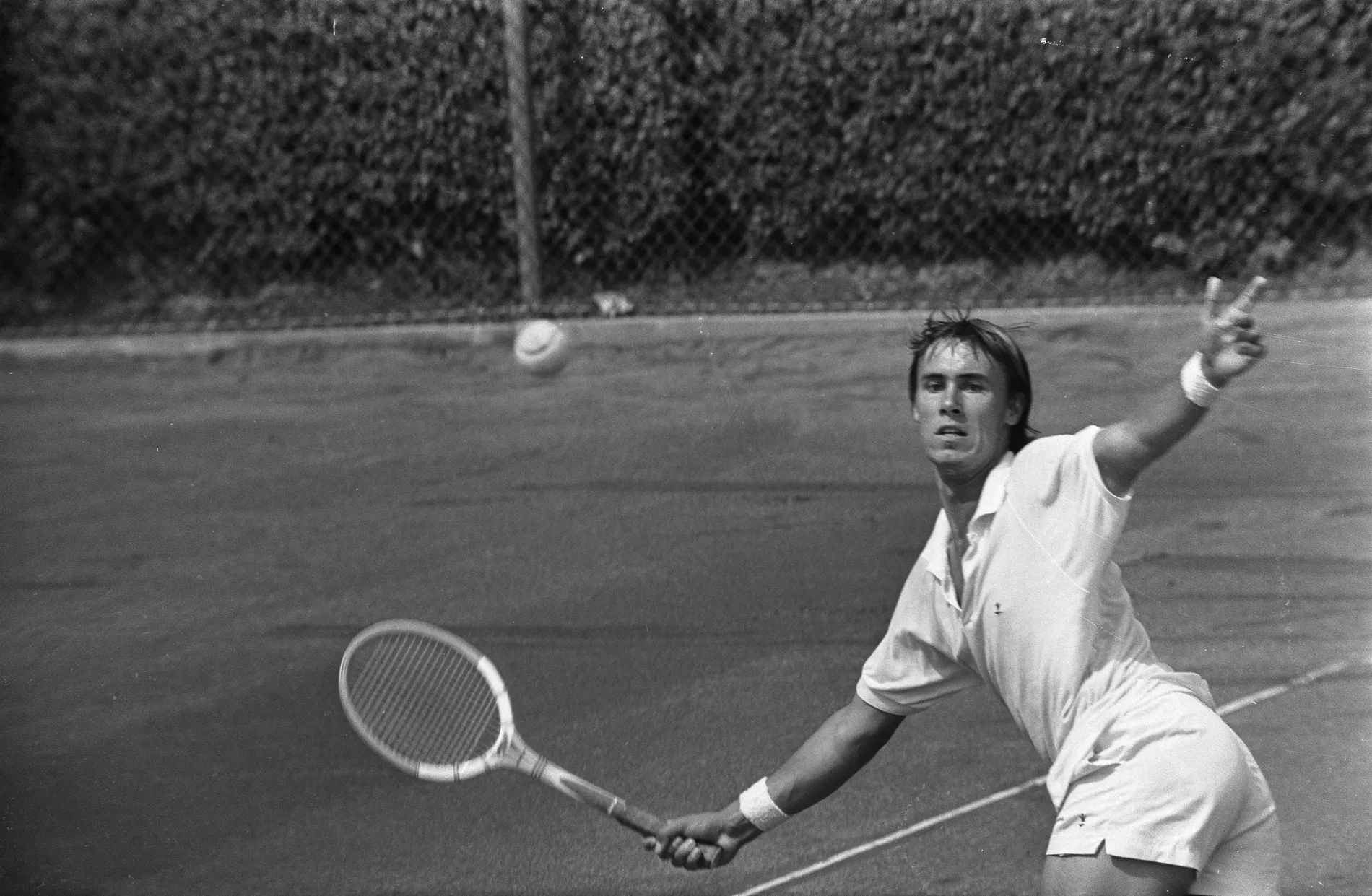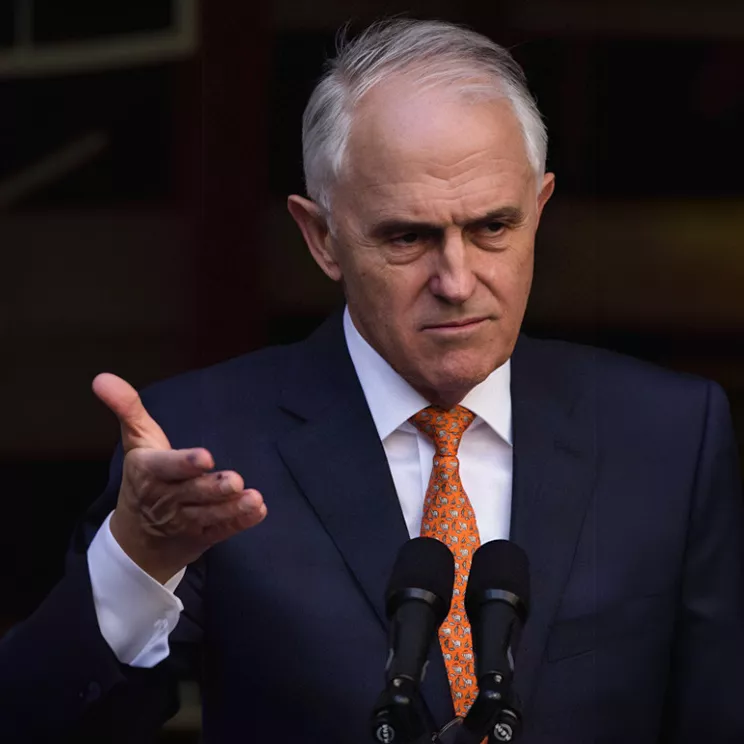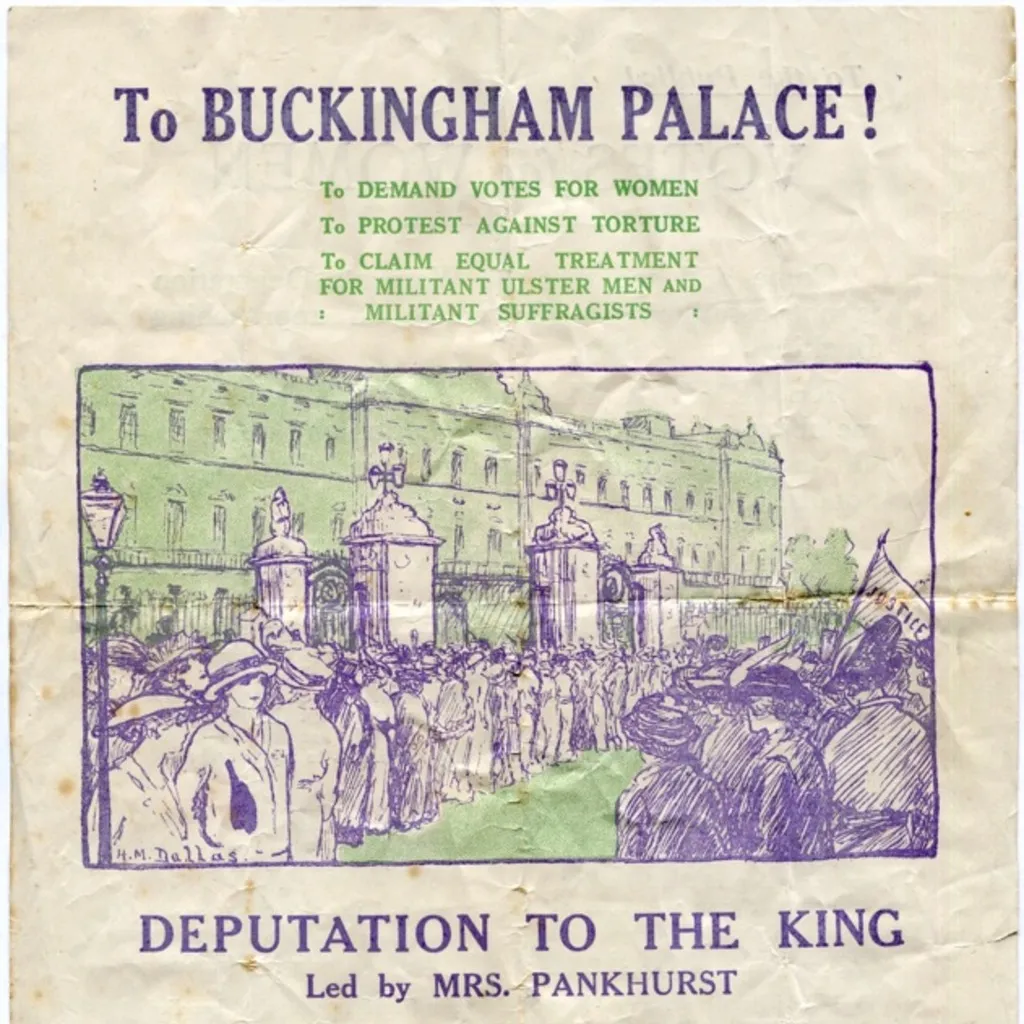7 people you (maybe) didn’t know ran for parliament
- DateThu, 12 May 2022
Numerous actors, musicians and sporting stars have a 'political career' subheading on their Wikipedia page, but some have been more successful than others.
First Nations readers are advised this article contains the names and images of deceased people.
Does prowess on the sporting field or theatre stage equal political potential? From a rock band front man with a long ministerial career, to the fearless wartime spy who thought running for office was 'the stupidest thing' she ever did, here are seven famous faces that threw their hat in the ring for a local, state or federal election.

Peter Garrett
The political commentariat was stunned in 2004 when Labor leader Mark Latham announced Midnight Oil frontman Peter Garrett as the party’s candidate for the seat of Kingsford Smith. Garrett had a long history of activism and environmentalism, and had stood for parliament once before, contesting the Senate for the Nuclear Disarmament Party in 1984. Garrett was elected and served as a cabinet minister in the Rudd and Gillard governments before retiring from politics and returning to music in 2013.
Nancy Wake
Nancy Wake fought with the French Resistance during the Second World War and is one of Australia’s most well-known war heroes. Fighting the Nazi occupiers, Wake was known as the ‘White Mouse’ and was awarded the Croix de guerre (War Cross) and Légion d’honneur (Legion of Honour) by the French government for her determination, fearlessness, and leadership. Wake’s wartime activities and reputation made her a formidable candidate when she stood for the Liberal Party as a candidate for the seat of Barton in 1949 against Labor’s Doc Evatt and almost won.
Two years later she repeated her candidacy and lost by just 230 votes. Wake stood once more for the Liberals in 1966 for the seat of Kingsford-Smith, again losing narrowly. Later, in her autobiography, Wake described running for office as ‘the stupidest thing I ever did.’ and said she was glad she didn’t win, saying she ‘would never have become a yes-man.’

Peter Cundall
Gardener and TV personality Peter Cundall was a staple of ABC television for almost forty years as presenter of Gardening Australia. Cundall was less well-known for his politics - an active conservationist and activist, Cundall was a Tasmanian Senate candidate in 1961 for the Communist Party of Australia. Third on the ticket, he polled 124 votes.

Peter Cundall as Communist Party candidate. The Tribune, 8 November 1961

Shirley Strickland de la Hunty
During her athletic career, Shirley de la Hunty (known before her marriage as Shirley Strickland) won more Olympic medals than any other Australian runner. After her sporting days had finished, de la Hunty continued running, in another sense. She stood as a candidate for the House of Representatives seven times and for the Western Australian Parliament six times, between 1971 and 1996. For most of those candidacies, she represented the Australian Democrats, showing as much devotion to party as she did to athletics. Eventually de la Hunty was elected to the City of Melville Council.
Burnum Burnum
Woiworrung and Yorta Yorta man Burnum Burnum was well-known and highly respected as a cricketer, rugby player, activist, actor and writer. He stood twice, in 1983 and 1984, as an independent Senate candidate for New South Wales, and in 1988 for the New South Wales Legislative Assembly for the Australian Democrats at a by-election. He was unsuccessful on each occasion.


Maxine McKew
Unseating the sitting prime minister is no mean feat. When ABC journalist Maxine McKew threw her hat into the political ring, by contesting the Division of Bennelong in 2007, she knew it would be a difficult achievement, as the sitting member was John Howard, who’d been in the top job for over a decade. On election night, McKew managed to achieve a 5.5% swing and defeated Howard on the fourteenth count, becoming only the second person to successfully challenge the sitting PM in his own seat (the first being Jack Holloway, who unseated Stanley Bruce in 1929).
John Alexander
McKew’s battle for Bennelong didn’t end in 2007. Three years later, the Liberal Party fought hard to win the seat back, in the person of former tennis pro and commentator John Alexander, once no. 8 in the global men’s rankings. Alexander won a much larger swing than the national average and defeated McKew after only a single term, and continued to hold the seat until his retirement in 2022.

John Alexander on the court, 1970. Dutch National Archives/Creative Commons
And more...
Alexander followed a number of other professional athletes who chose to enter politics, including Olympic cyclist Hubert Opperman, who was elected to the House of Representatives in 1949 and served as a minister in the Menzies and Holt governments. Swimmer Dawn Fraser spent one term in the New South Wales Parliament (as an independent) from 1988 to 1991. On the Labor side, hockey player, sprinter and first Indigenous Olympic gold medallist Nova Peris represented the Northern Territory in the Senate from 2013 to 2016.








